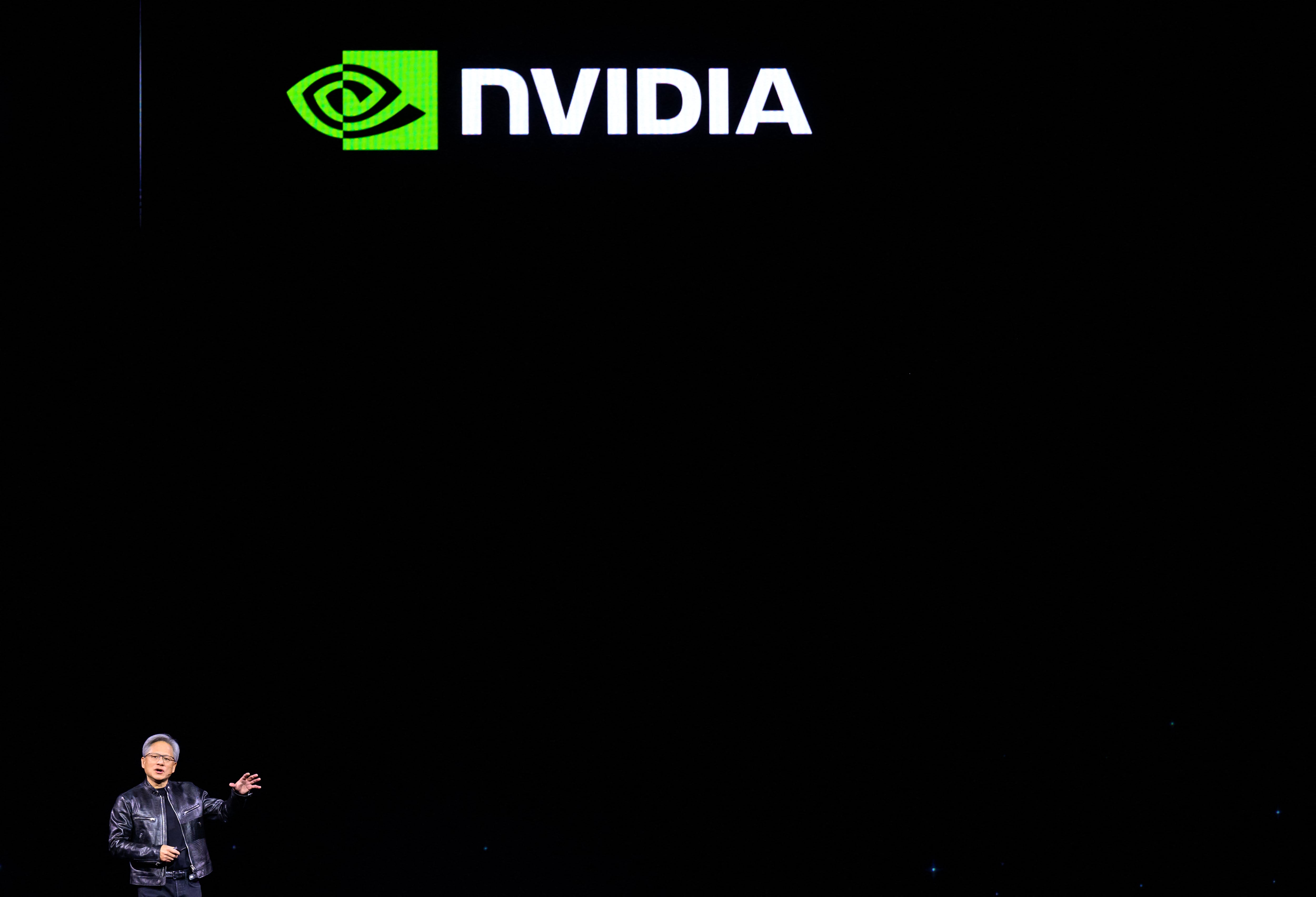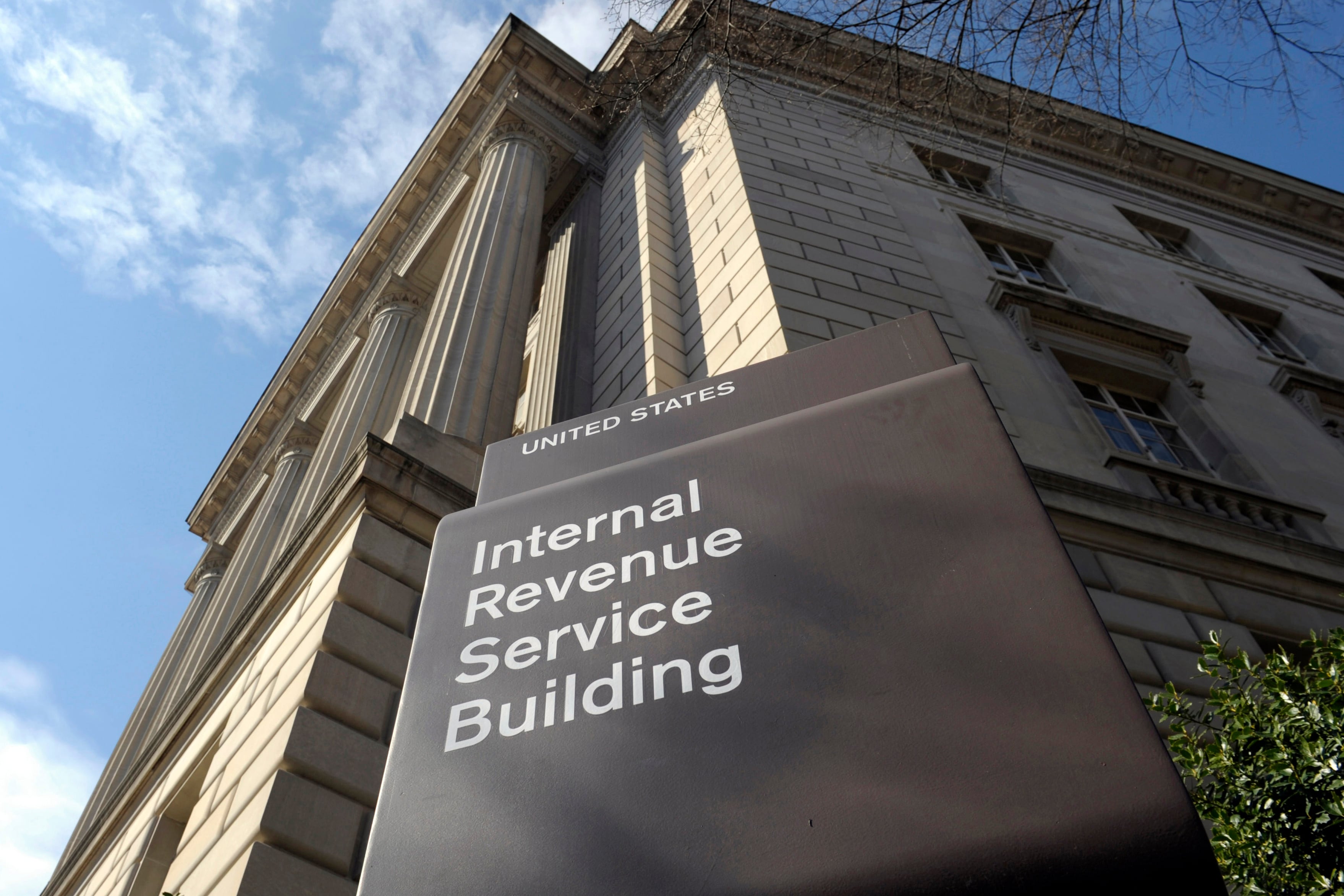Andrew Yang wants the U.S. to create useful rules for cryptocurrency businesses and projects now, rather than playing catch-up after another jurisdiction has already done it.
The 2020 presidential hopeful outlined his vision for a national framework on cryptocurrencies, implying that the lack of regulation has hampered innovation in crypto and that the U.S. risks falling behind in technological and financial leadership.
“Cryptocurrencies are seeing levels of fraud because of the lack of regulation,” he said in a blog post late last week. “Other countries, which are ahead of us on regulation, are leading in this new marketplace and dictating the rules that we’ll need to follow once we catch up.”
Yang said cryptocurrencies like bitcoin and other digital assets “have quickly grown to represent a large amount of value and economic activity, outstripping government’s response,” and pledged to promote legislation that would provide a clear definition of a token, including when it’s considered a security; specify which federal agencies preside over crypto-related issues; and clarify tax implications.
Regulation of digital assets to date has been relegated to what SEC Commissioner Hester “Crypto Mom” Peirce called a “parade” of enforcement actions and non-legally-binding guidance pieces in a speech delivered earlier this month. In a growing number of cases, the lack of clarity has crushed crypto projects trying to operate within existing securities laws before they even become functional, or prompted them to move to more crypto-friendly jurisdictions. Peirce has frequently criticized how her own agency has regulated digital assets, echoing Yang’s concerns about hindering innovation and growth.
In April, the Securities and Exchange Commission issued its long-awaited regulatory guidance it promised would help entrepreneurs determine when their tokens are securities (though it was anything but clear or helpful). The following month at Consensus, the crypto industry’s largest event, Yang called for more clarity around crypto acceptance and investments for companies and individuals.
“The work you’re doing is difficult … but it is the future,” he said at the conference. “If I’m in the White House, oh boy are we going to have some fun.”
Yang, who is heavily campaigning on the risks of automation to the economy, also plans to set up a Department of Technology and revive the Office of Technology Assessment, which was phased out in 1995.
The scope of crypto regulation is expansive. The SEC has received most of the industry’s attention because so much of it comprises securities, exchanges, and funds. But different agencies oversee derivatives and margin trading, brokers, money laundering, banks, sanctions, crime, and consumers. Each is still figuring out their role in the industry. Several federal agencies claim conflicting jurisdictions, Yang said.
“Different departments of the federal government consider digital assets as property, commodities, or securities,” he wrote in the post. “Some states have onerous regulations in the space, such as New York’s BitLicense. Navigating this has had a chilling effect on the U.S. digital asset market.”













